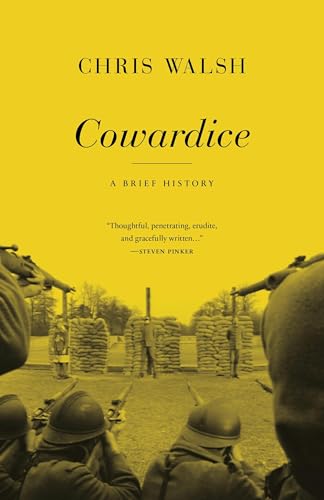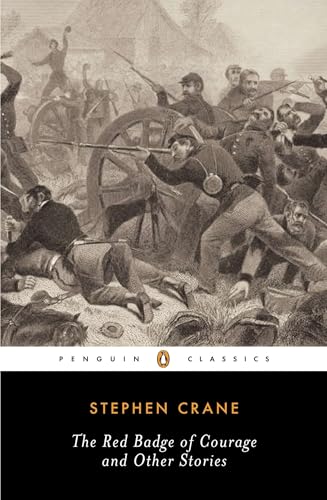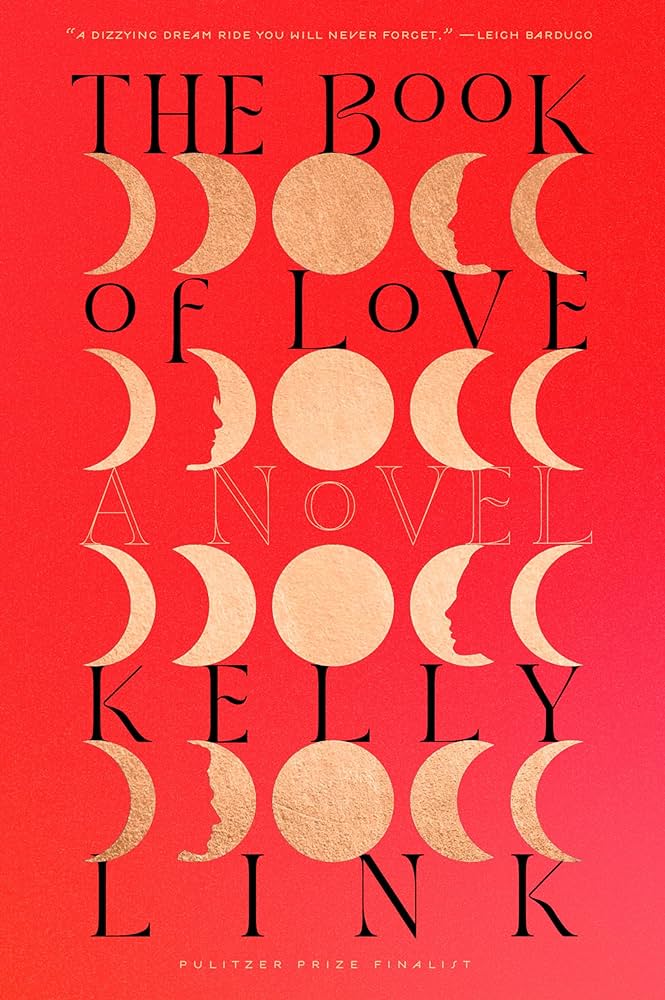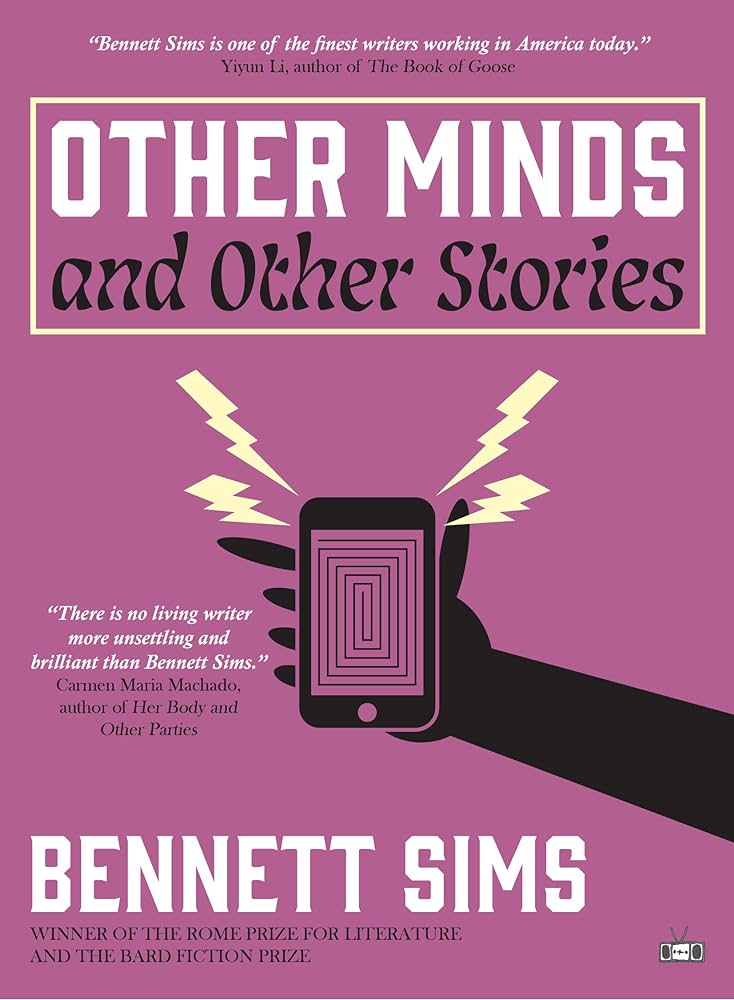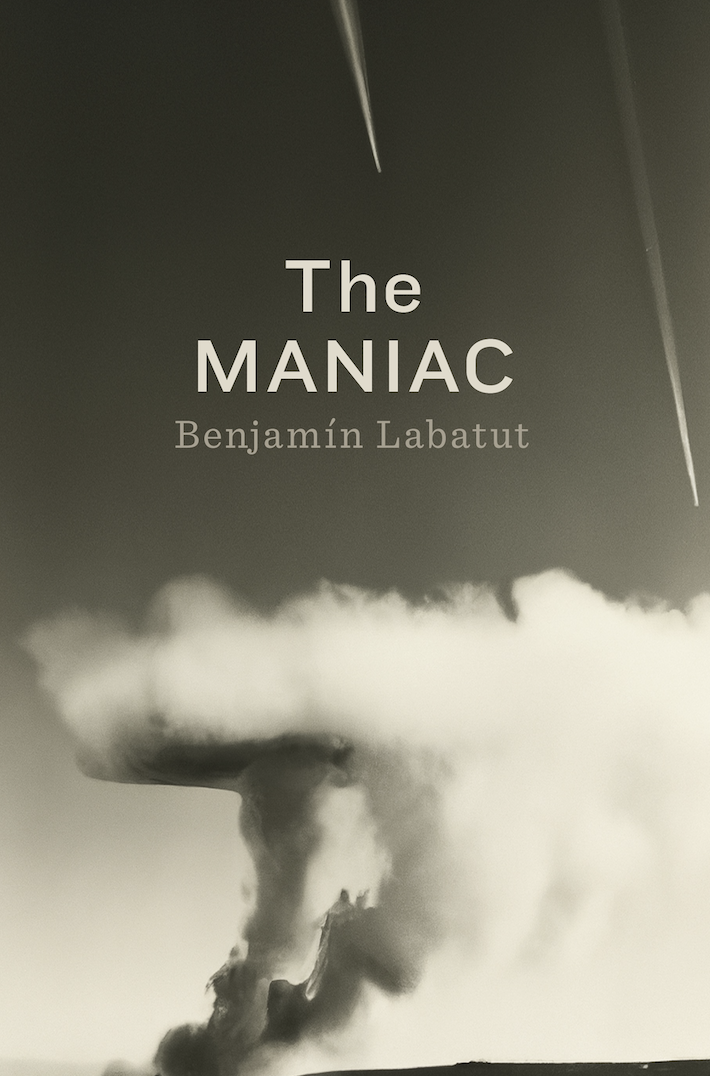1.
Before being sentenced for abandoning the Patna, a ship carrying 800 pilgrims in the Indian Ocean, the hero—or antihero?—of Joseph Conrad’s Lord Jim has ample opportunity to flee, an opportunity the rest of the disgraced crew took. However, as Jim explains to Marlow: “I may have jumped, but I don’t run away.”
Coupling an admission of past cowardice with a defiant assertion of backbone, Jim’s statement exemplifies the uneasy proximity of shame and glory in the novel’s title character. Jim is “as genuine as a new sovereign” but with “some infernal alloy in his metal…the least drop of something rare and accursed.” That ruinous, majestic flaw immediately attracts Marlow, a worldly student of human nature, who sees that in Jim’s case, the “facts” of the sordid case have little to do with the “truth” about the romantic, fanciful and supremely brave youth.
Chris Walsh doesn’t mention Jim’s infamous jump in his plucky Cowardice: A Brief History, but like Conrad, he is interested in painting a fuller picture of this reviled but universal attribute, one which is paradoxically central to heroism: “The coward casts a shadow that throws heroes into relief, giving them substance and credibility.” A fuller picture is precisely what cowardice needs given the reticence surrounding the topic.
Virgil tells Dante, “Let us not speak of them,” upon seeing the shades of cowardly neutrals in “hell’s squalid lobby”; a Spanish proverb states that “of the coward, nothing is written”; and Kierkegaard opines that there “must be something wrong with cowardliness, since it is so detested, so averse to being mentioned, that its name has completely disappeared from use.” We hear of a scholar who undertook a study of cowardice only to run into difficulties. The title of the book he eventually produced? The Mystery of Courage. Cowardice is the flaw that dare not speak its name, or as Walsh wryly puts it: “Every other species of human baseness, it seems, has rated a monograph.”
2.
Enter Walsh, whose study delves into the various and occasionally contradictory social, moral, and psychological pressures at work on the cowardly mind. Walsh strews entertaining etymological and cultural tidbits throughout. He tells us that coward comes from “the Latin cauda, meaning ‘tail.’ The cowardly creature ‘turns tail’ to escape danger, or ‘puts its tail between its legs’ in fear and submission.” The Germans, who can always be counted on for a colorful compound descriptor, have their own term for a coward: Schlappschwanz, or limp dick, which hints at the possible evolutionary drawbacks of the affliction. Walsh also introduces us to the Buid and the Semai, two Southeast Asian tribes who have “so thoroughly adapted a policy of fleeing from fear that they do not even have a word to condemn the behavior.” They have no compunction about abandoning their “grandmothers in collapsed shelters” at the slightest rumble of thunder. This wholehearted embrace of cowardice might seem liberating, especially to the more lily-livered among us, did not these tribes not live in abject terror of their surroundings; apparently, even butterflies spook them.
Anthropological oddities aside, Walsh is most concerned with cowardice in war. Walsh’s working definition of a coward is “someone who, because of excessive fear, fails to do what he is supposed to do,” which aligns with his military focus. From the plains of Ilion to colonial America to modern-day Iraq, Walsh describes scenes from what he neatly calls the “primal theater of cowardice.” There are ample entertainments in this arena, from the redemptive case of John Callender, who disgraced himself at the Battle of Bunker Hill only to perform valiantly through the rest of his career (“an object lesson in the bracing utility of the shame of cowardice”), to the poignant handwritten note produced by the WWII deserter Eddie Slovik, who was executed for treason: “AND ILL RUN AWAY AGAIN IF I HAVE TO GO OUT THEIR [sic].”
Slovik’s harsh punishment speaks to a core anxiety about military cowardice. Underlying the barbaric or shameful punishments for cowardice over the centuries (e.g., execution, branding, Patton’s hospital assault on a GI suffering from battle fatigue) is an anxiety over contagion: “…fear in the context of battle is generally viewed as excessive when a soldier reveals it in a way that threatens to spread it.” The historical glee with which propagandists paint the enemy as a coward—from cartoons depicting a fleeing Jefferson Davis disguising himself in his wife’s shawl to the New York Post’s headline announcing Saddam Hussein’s capture—“Cowardly Lyin’ Saddam: Bush Whacks Scaredy Rat for Crawling in Hole”—is balanced by the fear of a cowardly plague within one’s own ranks. Reading Walsh on infectious fear, I realized that no cultural artifact dramatizes this anxiety better than the uber-macho Top Gun, a story of contagious cowardice that spreads from Cougar, the original candidate selected to attend Camp Shirtless Volleyball, to a most unlikely host: Maverick, the pilot defined by his recklessness.
Walsh’s loose thesis is that cowardice is at once a “dangerous, harmful idea” that can shame the powerless and the powerful alike into doing senseless, reckless things and a useful tool for self-improvement and self-examination: “It pushes us to ponder seriously what we should do, how we should act, and what it is we’re so afraid of.” That “seriously” is a crucial adverb; Walsh seems to agree with Robert Frost that humor or cheap irony is itself a kind of cowardice, though he does point out that earnestness and sincerity “can be morally cowardly too when it unthinkingly and abjectly stays the course…It is possible to have the cowardice of one’s convictions.”
Such a statement is typical of Walsh’s playful, provocative method of teasing out the ethical implications of cowardice (and courage). In his chapter on the paradox of duty, he points out that military systems in a sense compel courage and seek to forcibly prevent cowardice. One telling ancient example is the Greek and Roman strategy of putting the most skittish fighters at the center of a phalanx so that they would be forced to fight, which Walsh argues “deprives [their] actions of their moral content.” (I wonder if a hoplite would be relieved to be so assigned or aggrieved, as when a kid is picked last on the playground.)
Later, and implicitly in response to Lyndon Jonson’s defensive claim about cowardice having gotten the United States into more wars than has aggressive response to global threats, Walsh cites Adlai Stevenson’s courageous and sensible advice during the Cuban Missile Crisis: “We need a coward in the room when we are talking about nuclear war.” Amen.

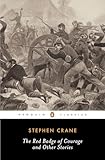 In questioning the relative merits of cowardice and courage, those antipodal attributes, Walsh draws on war literature as well. His key texts are Stephen Crane’s The Red Badge of Courage, the Vietnam writings of Tim O’Brien (“I was a coward…I went to the war” ends one story) and James Jones’s The Thin Red Line, in which, Walsh argues, Jones “…deflates, even denatures” the moral categories of courage and bravery. An aggrieved Hemingway makes an appearance to complain to his editor that Jones is a “psycho and not a real solider.”
In questioning the relative merits of cowardice and courage, those antipodal attributes, Walsh draws on war literature as well. His key texts are Stephen Crane’s The Red Badge of Courage, the Vietnam writings of Tim O’Brien (“I was a coward…I went to the war” ends one story) and James Jones’s The Thin Red Line, in which, Walsh argues, Jones “…deflates, even denatures” the moral categories of courage and bravery. An aggrieved Hemingway makes an appearance to complain to his editor that Jones is a “psycho and not a real solider.”
Walsh is perhaps a little too intrepid in wading into the field of evolutionary theory to explain the adaptive benefits or drawbacks what he “loosely call[s] cowardly genes.” Cowards are better suited to survive, and thus reproduce, than the reckless; on the other hand, the “erect epauletted soldier in his plumed helmet” trades his safety for the reproductive conquests sure to follow his battlefield ones. In another context, mirror neurons are needlessly invoked to explain a relatively simple phenomenon of spreading fear. The payoff of these quick ventures into evolutionary theory or social neuroscience is questionable, especially when, as Walsh himself admits, the “evolutionary legacy is so complicated and conflicted that it does little to explain our own moral intuitions about cowardice.”
And yet Walsh’s broad-ranging curiosity about cowardice and its manifestations more often than not prove stirring. Take the account of encopresis, or the act of involuntarily soiling oneself. Walsh offers a Freudian explanation for our disgust, which stems from a desire “to indulge incontinence of every kind and be cowardly ourselves. Deep down, we are cowardly, and so we build a wall of disgusted contempt to protect ourselves from such revelations.” After considering the same act as “disturbing preview of human frailty,” Walsh next pivots to its “adaptive value”: shitting oneself drops some excess weight as one prepares to flee, to which the long Port-o-Potty lines at the start of any marathon attest.
When he takes a broader view of the topic, Walsh make the convincing case that a series of cultural, medical and military trends have lessened our coward-shaming impulses: a shift from “duty-based republicanism to a liberalism” that values individual choice over sacrificial devotion; the development of an “institutionally sanctioned medical vocabulary” that has begun to mitigate the stigma of cowardice; and the “growing impersonality of modern war,” which, coupled with an all-volunteer military, “narrows the possibility for cowardice” and allows the average citizen to avoid the topic altogether. Or as he puts it in a hypocrite lecteur moment: “Pondering the cowardice of a solider might also lead all too readily to question of why we ourselves have not answered or even heard the call to duty.”
3.
In the last chapter, Walsh shifts to the (non-military) literature of moral courage, a relief after encountering all those sententious moralizers and blustery generals, and considers Henry James’s “The Beast in the Jungle” and Kafka’s parable “Before the Law.” Walsh handles both of these sensitive authors rather roughly. No doubt many a reader would like to slap a dithering James protagonist in the face, something he recommends for John Marcher, who is paralyzed by “the sense of being kept for something rare and strange, possibly prodigious and terrible, that was sooner or later to happen to [him].” But such flippancy misreads the nature of Marcher’s problem, which isn’t cowardice; indeed, communicating his secret to May Bartram in the first place takes courage. Rather, Marcher is tenaciously, almost chivalrously committed to his treasured delusion:
It signified little whether the crouching Beast were destined to slay him or to be slain. The definite point was the inevitable spring of the creature; and the definite lesson from that was that a man of feeling didn’t cause himself to be accompanied by a lady on a tiger-hunt.
Marcher’s “figuring” of the Beast necessarily blinds him its connection with May, and blindness of this type can’t necessarily be cured by courage. Lambert Strether, and his midlife discovery of a rapturous, life-embracing pluck, might have been a better James character to pick.
Walsh’s analysis of Kafka calls to mind those entrepreneurs who have taken to invoking Beckett’s “Fail Better” as a slogan. In “Before the Law,” a man seeking entry to the law is barred by a gigantic, fearsome gatekeeper, who is as trapped in his role as the seeker is in his. The man is “insatiable” and tries every tactic he can to enter over the course of many years. He fixates on this one doorkeeper, forgetting the (possibly) innumerable other doors and guards beyond him. It takes a lifetime before he asks the key question about why if everyone wants to access the law, he has never seen anyone else attempt entry, to which the keeper replies: “No one else could ever be admitted here, since this gate was made only for you. I am now going to shut it.”
“Before the Law” is a disturbing, insoluble parable and not, as Walsh would have it, a self-help story: “The implication is that we squander our lives and souls when we await permission to go down a path that is our for the taking.” Bursting past the guard is an inconceivable as Joseph K. being found innocent in his trial. The man is consigned to his own special kind of purgatory, and we are left to wonder whether the glimpse of a radiance he finally sees from behind the door before it is shut for good is the hint of a future blessing or the culmination of a cruel joke.
If I’m harping too much on these literary readings, which take up a mere two or three pages, it’s only because my critical courage was pricked by the rest of this galvanizing history.
